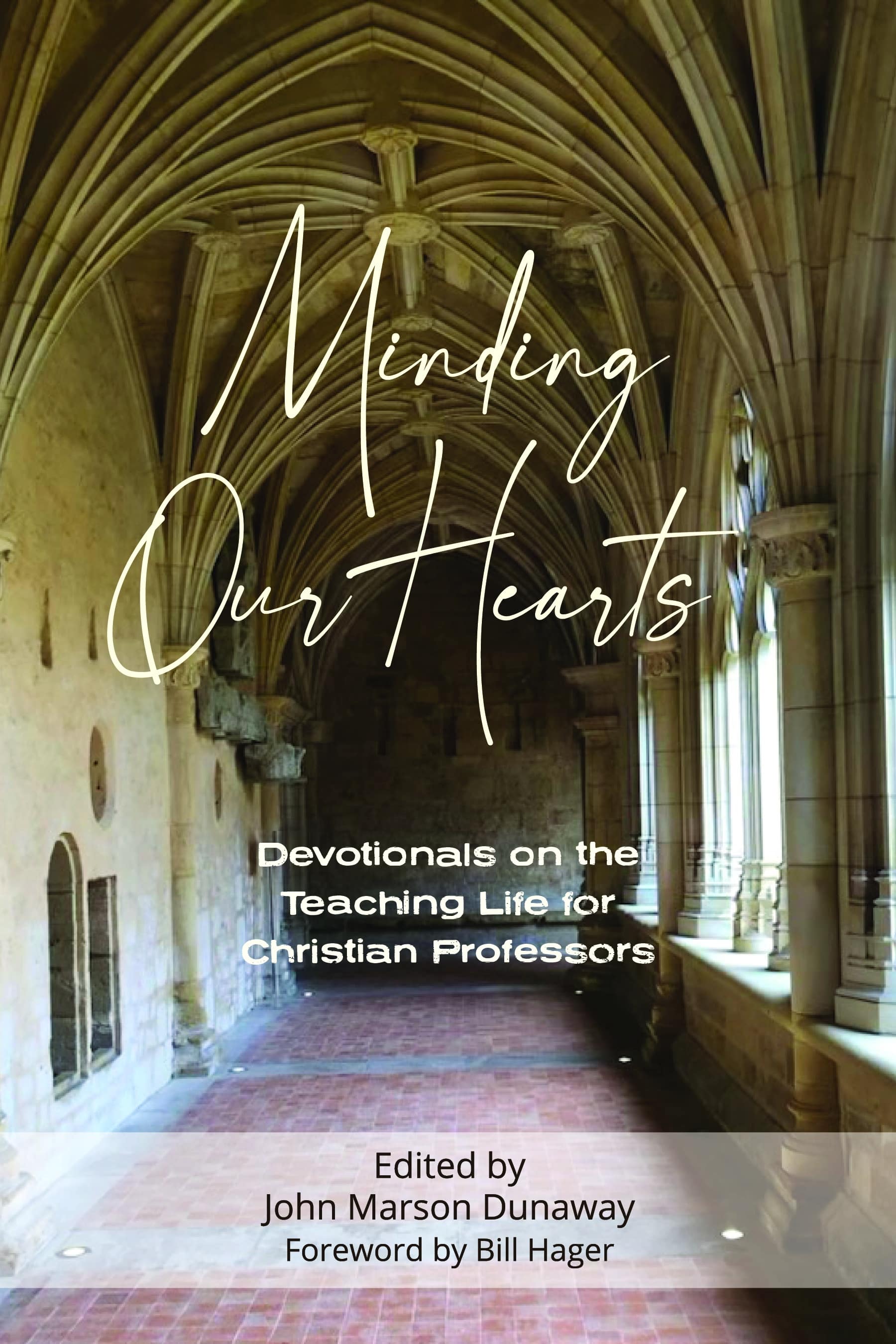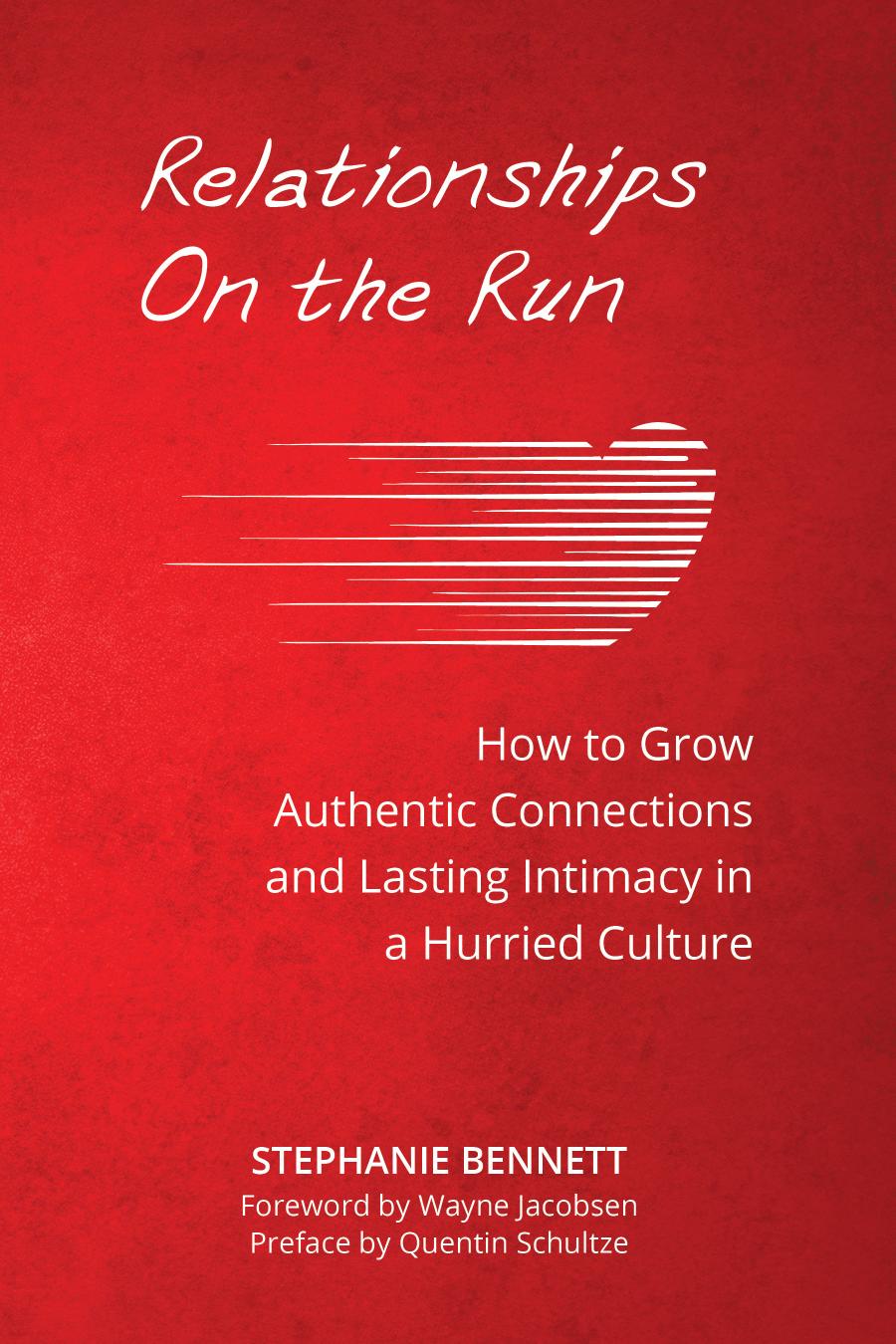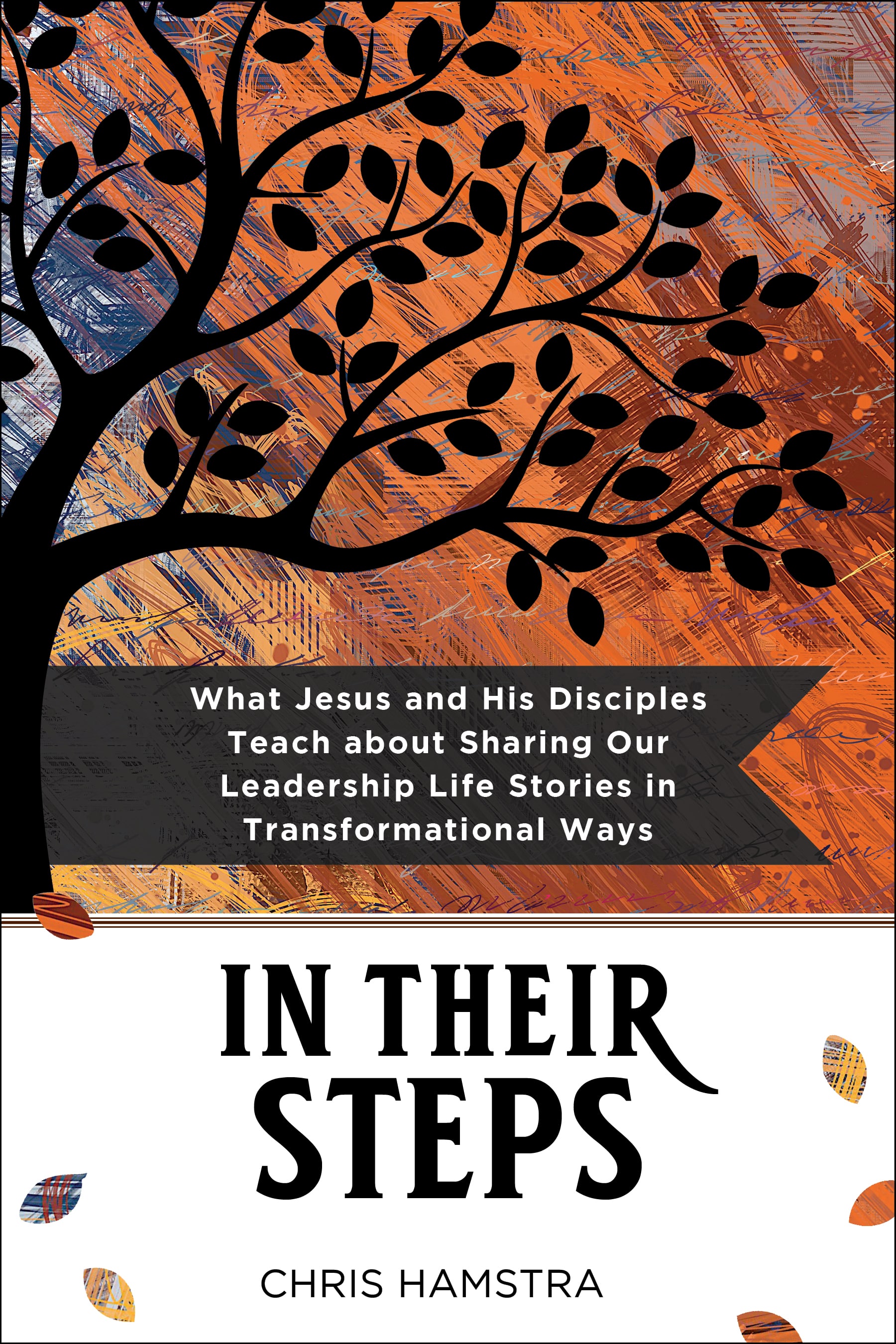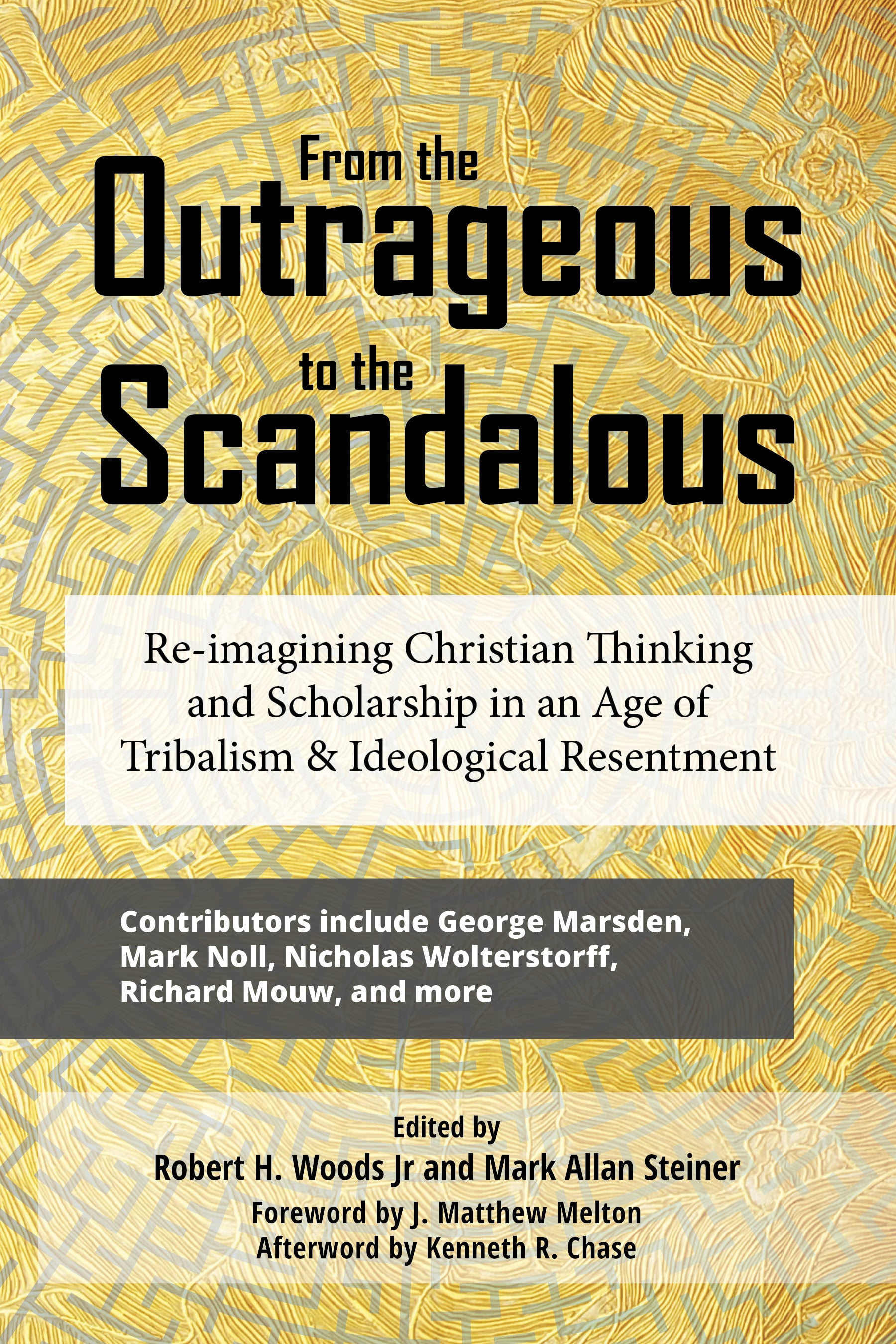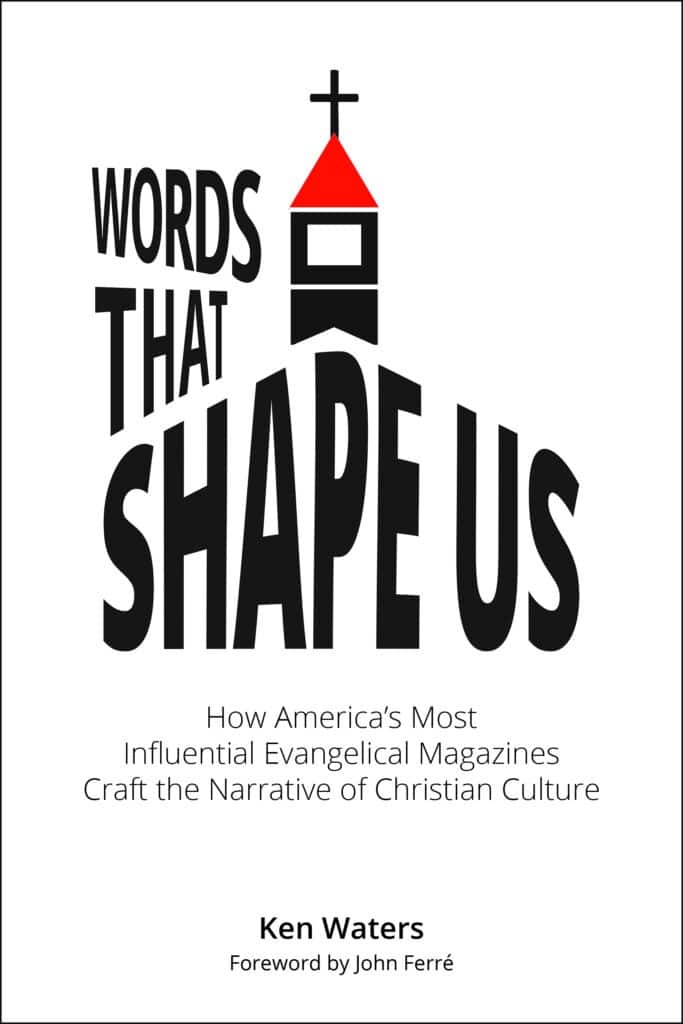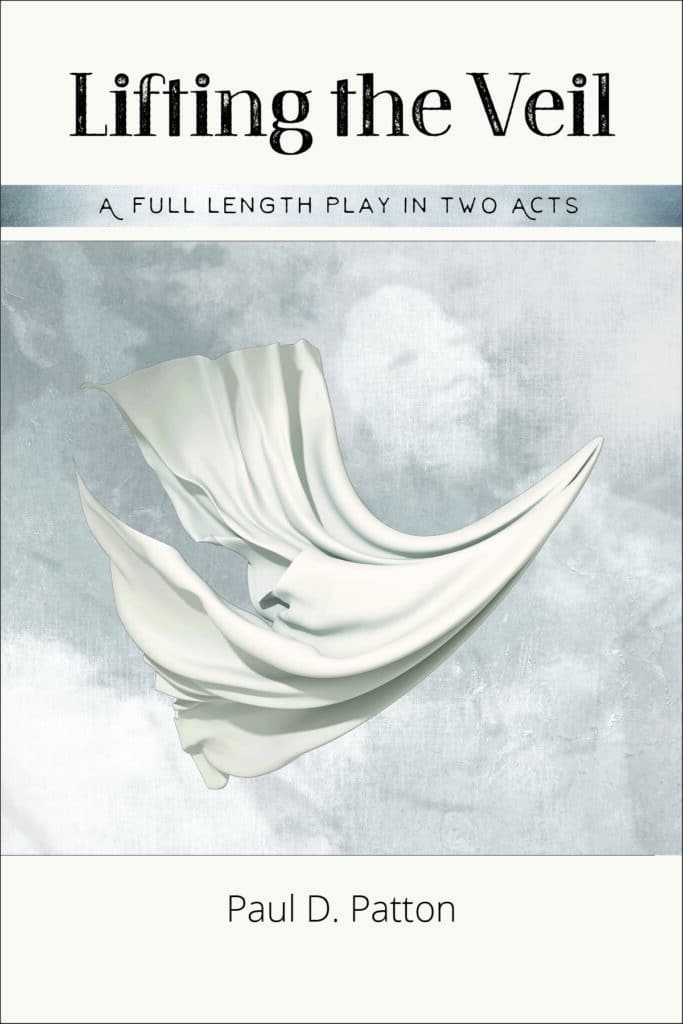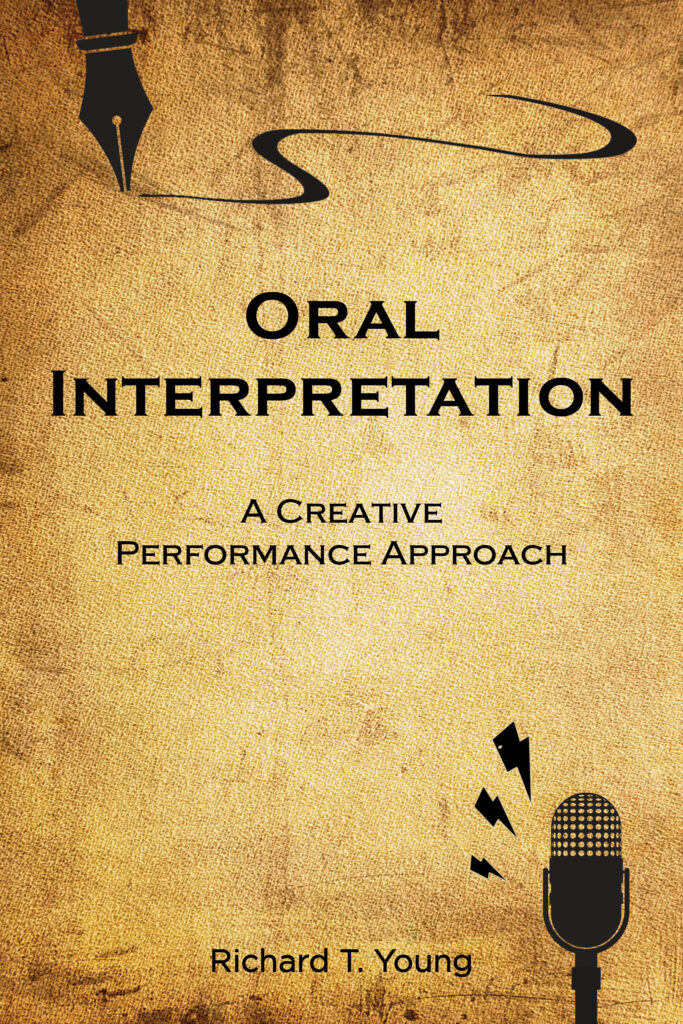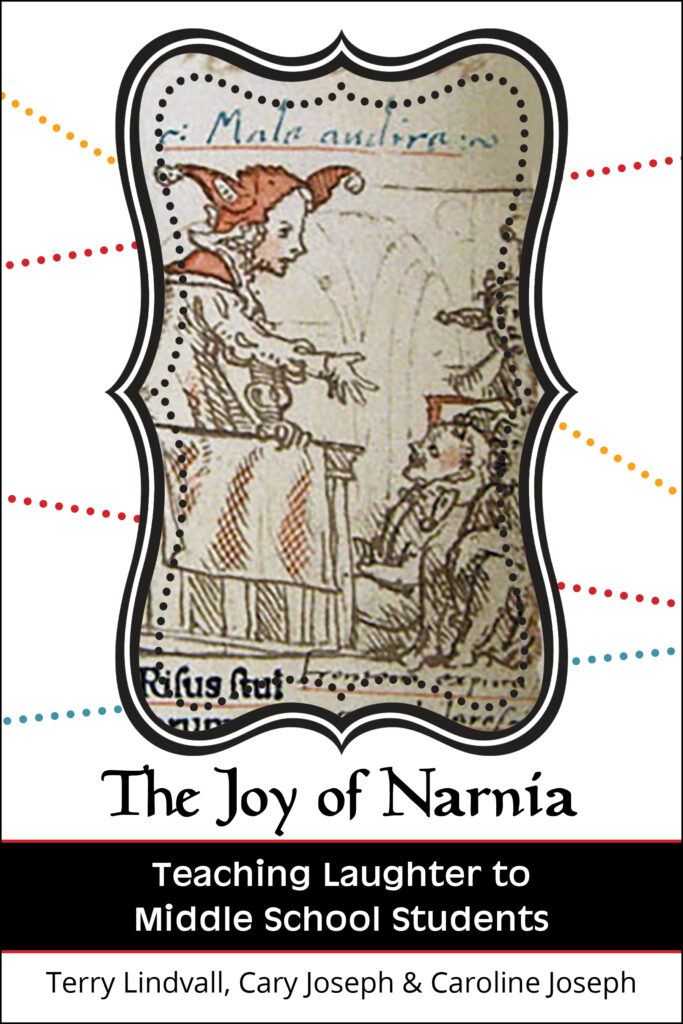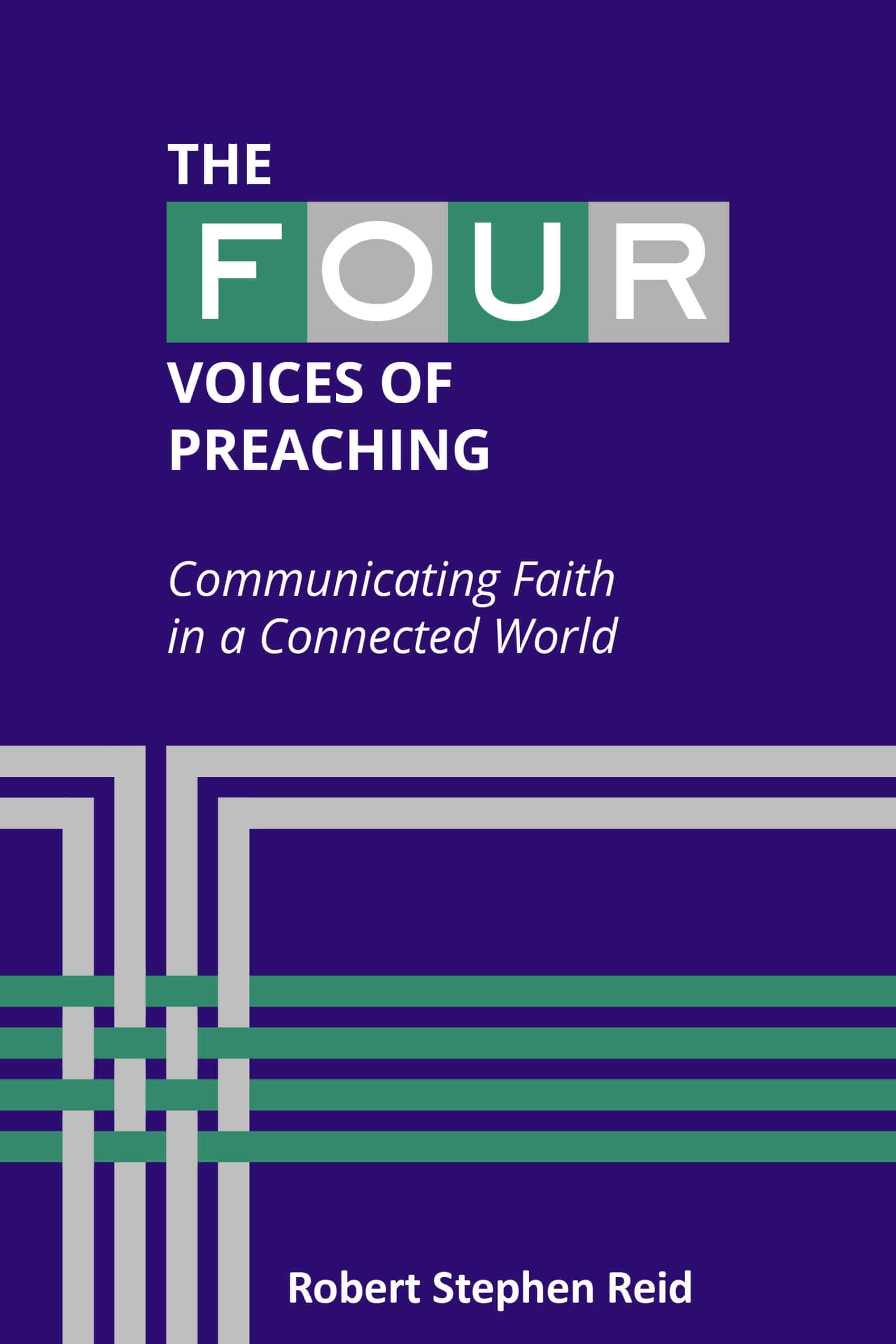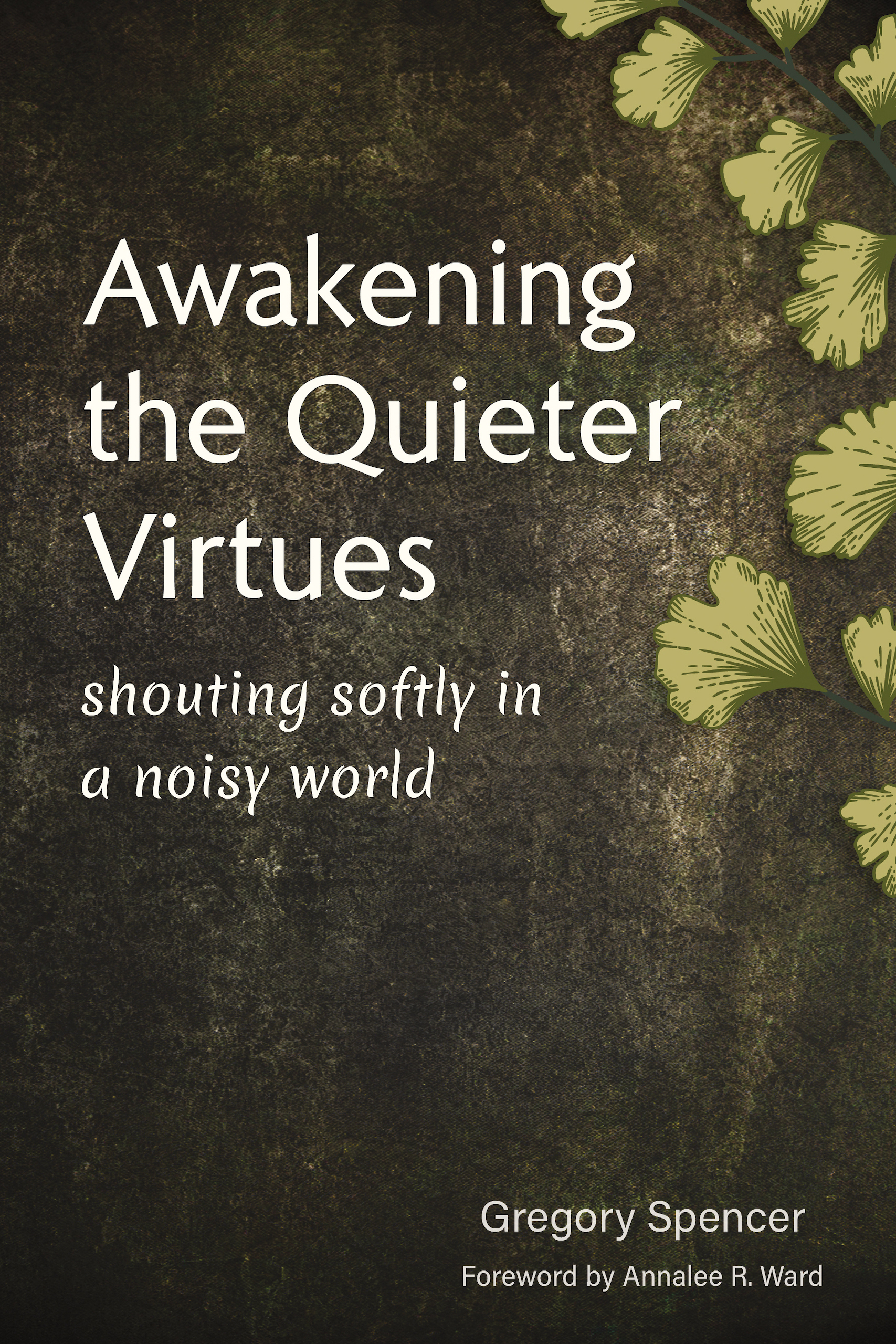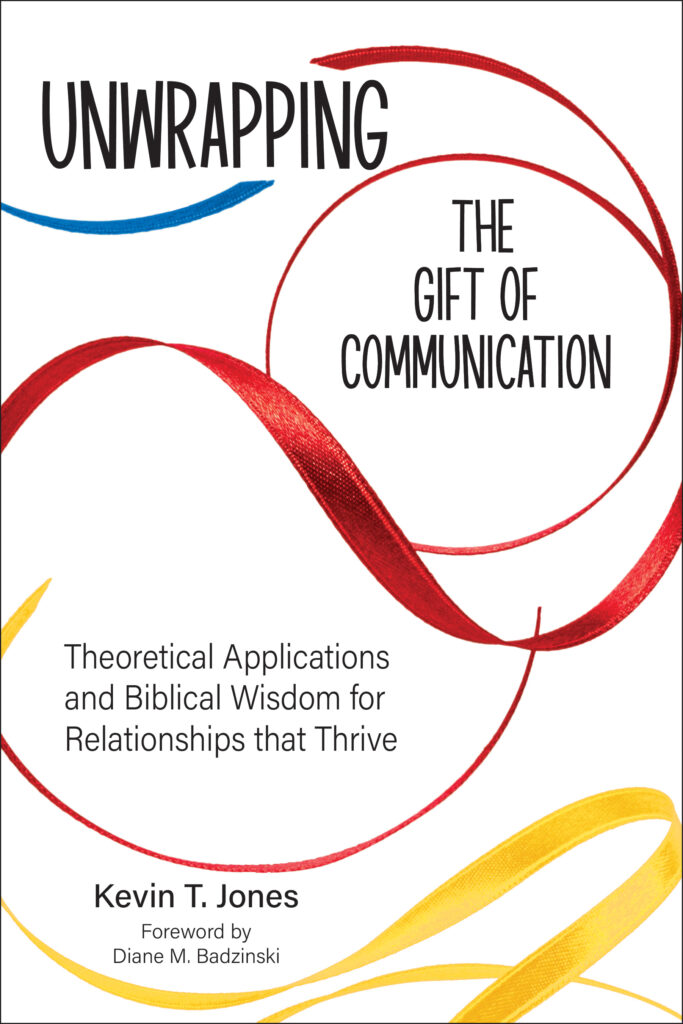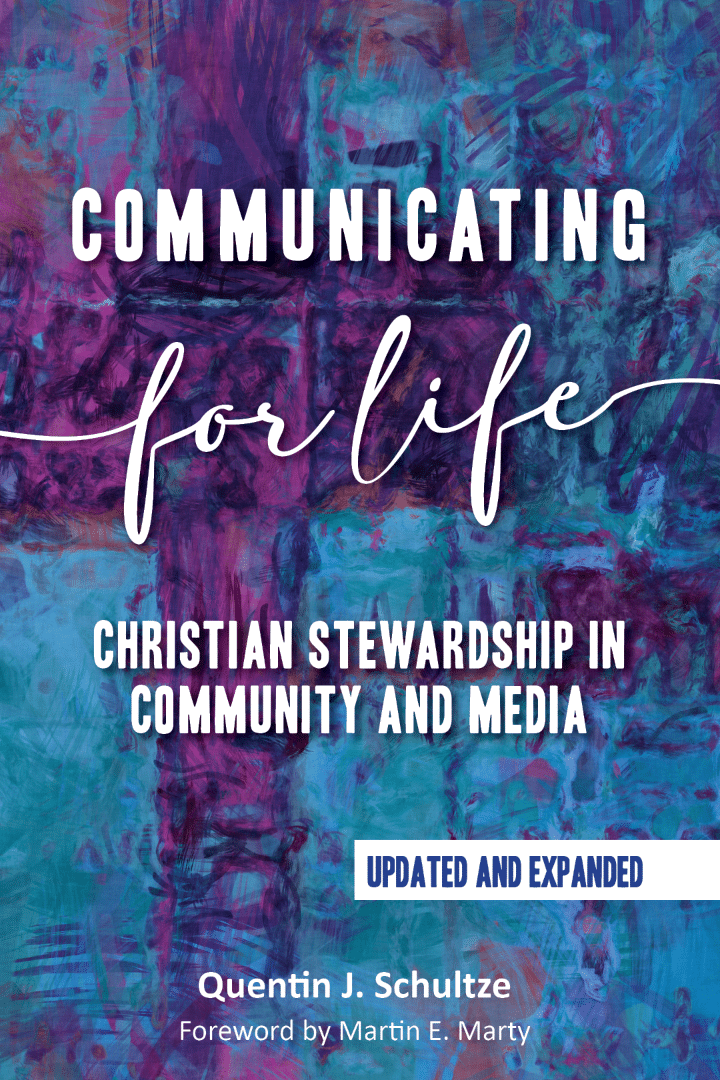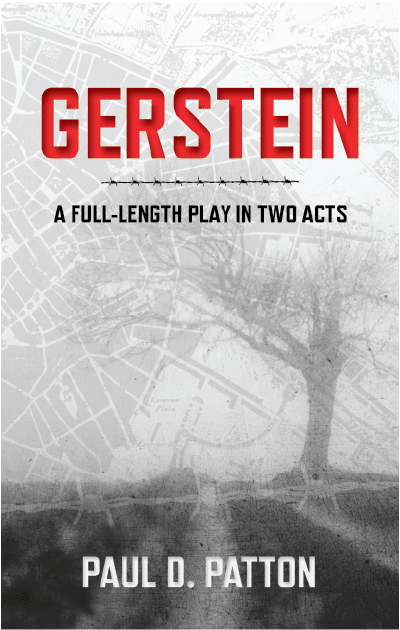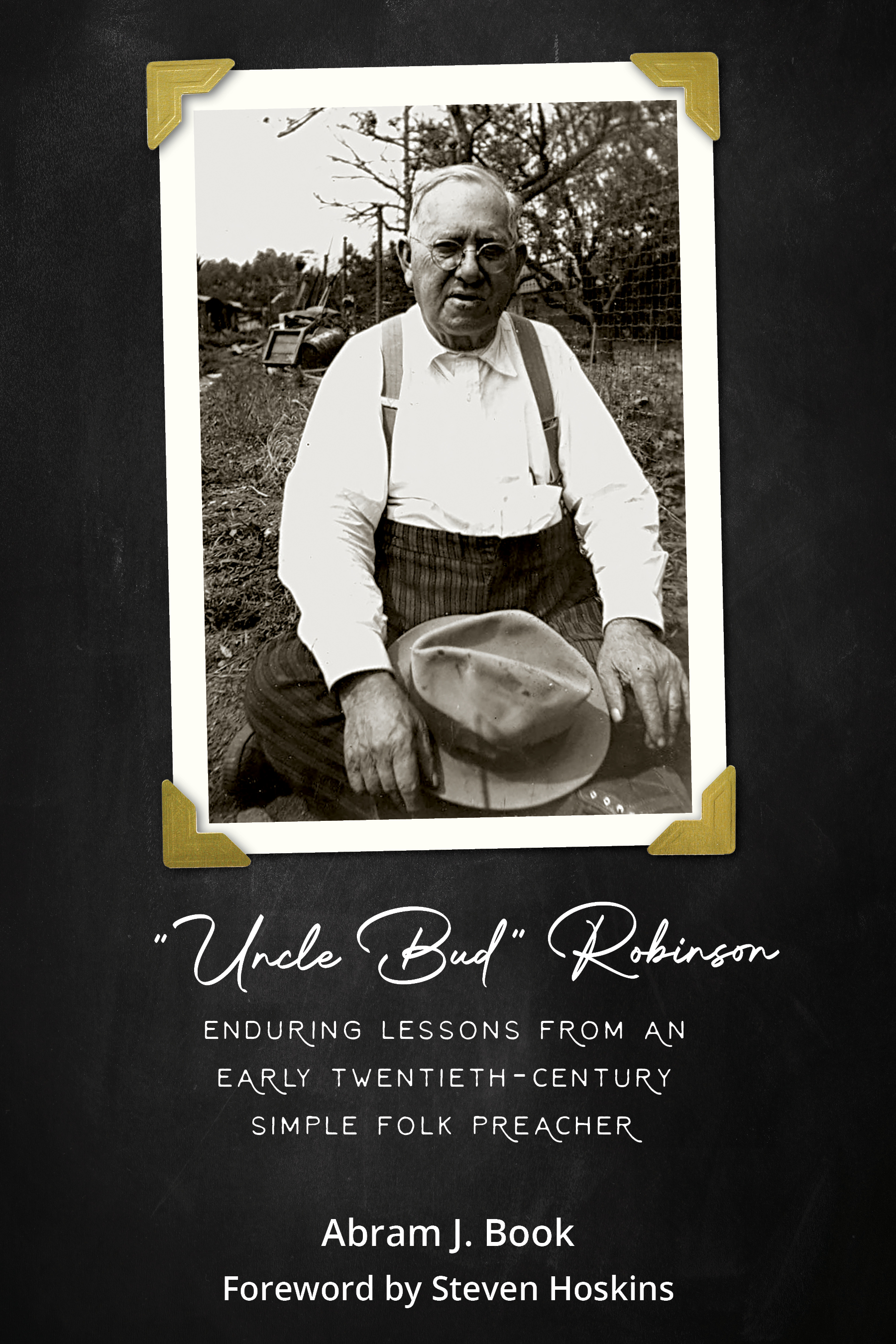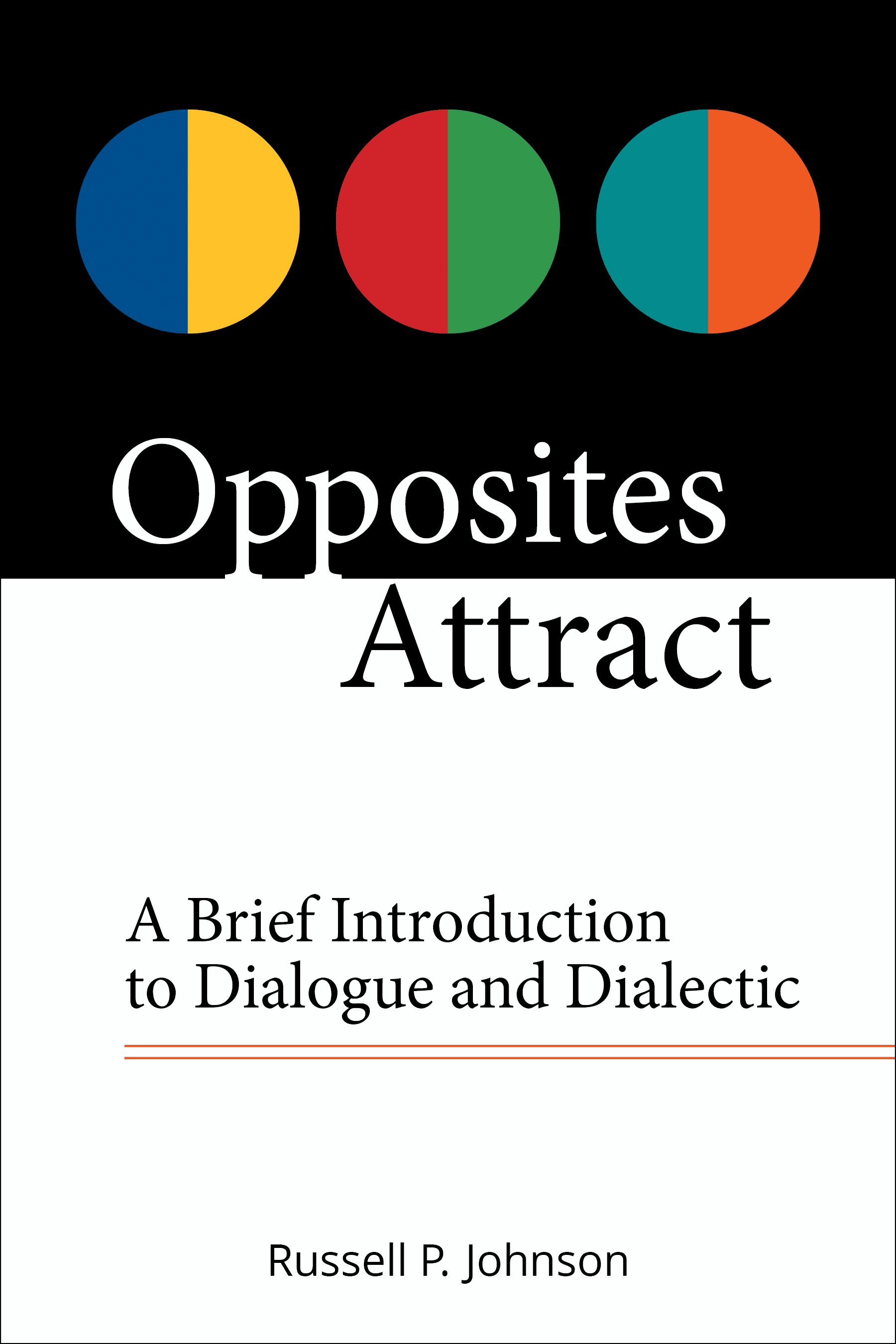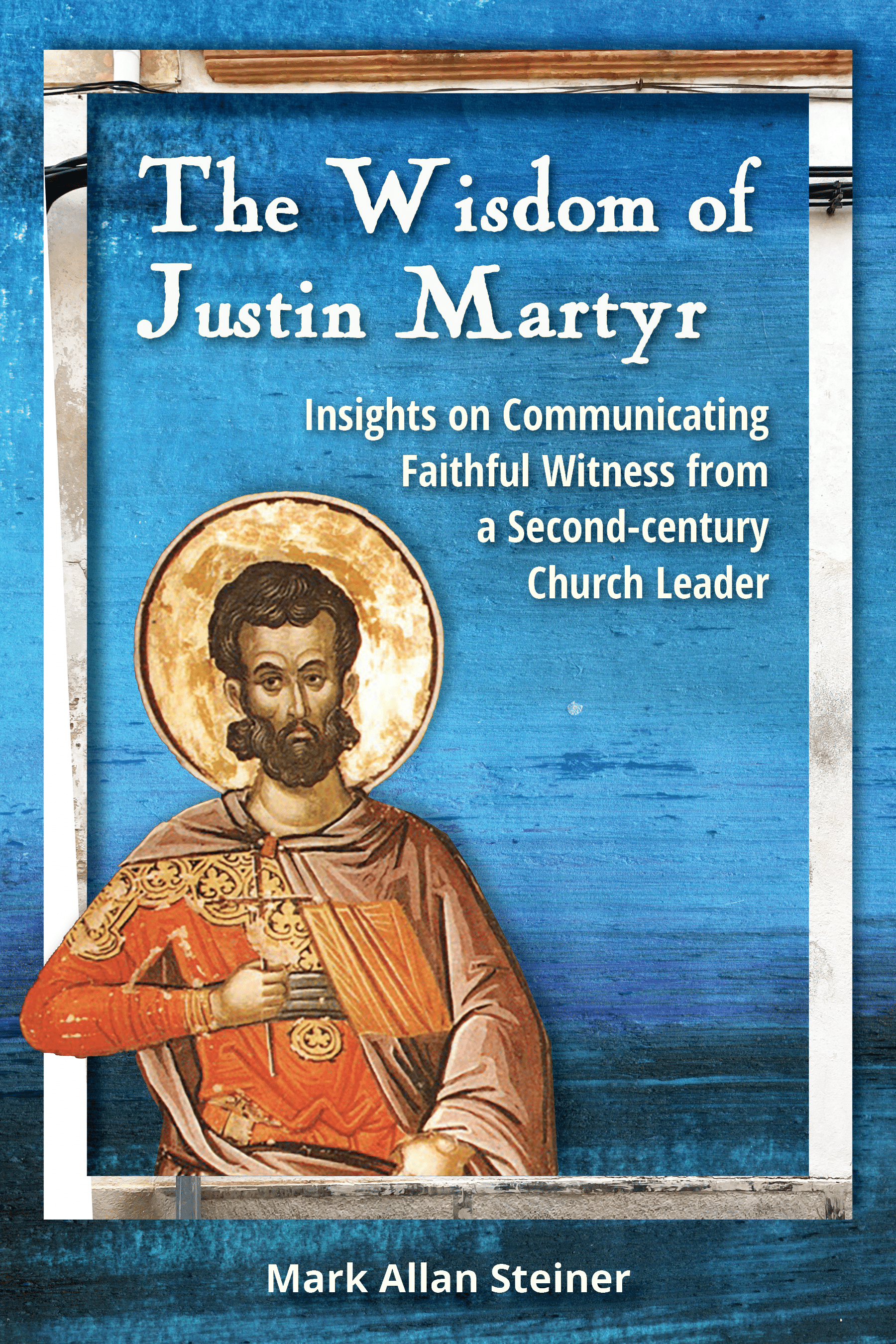NEW AND COMING SOON FROM INT
NEW FROM INT
Minding Our Hearts: Devotionals on the Teaching Life for Christian Professors
John Marson Dunaway, Editor
This collection of 52 devotionals (one per week for a full year) is designed for college or university professors, so all entries are connected to some aspect of faculty life: the classroom experience, research, or participation in the academic community (either intra- or extramural). Readers will be challenged to think of new ways to live out their God-given calling in their teaching, research, and leadership lives. They will be invited to meditate on reflections from some of the most thoughtful and spiritually sensitive members of their profession, both youthful and seasoned. Also, readers will understand ways to become godly mentors for their students, to be salt and light in their collegial relationships, and to follow creatively redemptive projects in their research.
Relationships On the Run: How to Grow Authentic Connections and Lasting Intimacy in a Hurried Culture
Stephanie Bennett
Stressful. Overwhelming. Too much. If these words describe the tone of your everyday life, it’s time for a change. In the midst of a fast-paced world we need strong friends and family relationships more than ever. The digital devices used to connect us often inhibit even the best efforts to communicate effectively, pulling us into more remote exchanges that isolate us rather than bring us together. This book addresses these challenges head-on. With stories from Scripture and real life, the author helps readers find help and inspiration for love and friendship that flourish rather than simply survive.
In Their Steps: What Jesus and His Disciples Teach about Sharing Our Leadership Life Stories in Transformational Ways
Chris Hamstra
This book helps leaders discover, develop, and deliver their leadership lifestories. Through examples of Jesus’s 12 disciples, readers will understand more about the relationship between storytelling and leadership from first-century followers of Jesus. In a world that seems to separate people, Leadership Lifestories bring people back together by pointing to the peace found in the redeeming work of Jesus Christ. Each chapter includes simple steps so that individuals can uncover their unique strengths and discover how they can better serve their families, their organizations, and their communities.
From the Outrageous to the Scandalous: Re-imagining Christian Thinking and Scholarship in an Age of Tribalism and Ideological Resentment
Robert H. Woods Jr. and Mark Allan Steiner
Since the publication of Mark Noll’s The Scandal of the Evangelical Mind (1994) and George Marsden’s The Outrageous Idea of Christian Scholarship (1997), Christian educators have worked to challenge anti-intellectualism within American evangelicalism and to demonstrate how religious and theological commitments can deepen our understanding of the world. Yet questions remain about the lasting impact of these efforts: How much progress has been made? To what extent does anti-intellectualism still hinder evangelical thought? And what new challenges and opportunities face faith-informed scholars today? From the Outrageous to the Scandalous explores these questions through a rich and wide-ranging collection of essays. Featuring reflections from Noll, Marsden, and other leading scholars, as well as fresh insights from newer voices, the volume affirms the continuing importance of rigorous scholarship rooted in faith. Together, these contributions highlight the enduring relevance and transformative potential of thoughtful, faith-informed engagement with the world of ideas.
Words that Shape Us: How America’s Most Influential Evangelical Magazines Craft the Narrative of Christian Culture
Ken Waters
Words That Shape Us explores evangelicalism’s influence on the nation’s cultural and political discourse through the lens of its main independent news publications. Waters delves into the pages of evangelical periodicals that reveal a movement at a crossroads. This book offers an unprecedented look at the internal debates and divergent paths that could redefine the future of American politics and religion. Waters uncovers the widening gap between evangelical elites and those claiming the faith through meticulous analysis of four key independent evangelical publications. From the 2016, 2020, and 2024 Presidential elections to pressing social issues like immigration, racism, and healthcare, this work examines the complex interplay of media, theology, and politics. It’s a must-read for anyone seeking to understand the seismic shifts within evangelicalism and their implications for the future.
Lifting the Veil: A Full Length Play in Two Acts
Paul D. Patton
In October of 1938, two evangelists/faith healers, Burroughs Walters and Kathryn Kuhlman, elope to Iowa to be married. The bride fainted at the civil ceremony. The play covers the first one hundred minutes of their wedding night, the bride seriously second-guessing her decision to marry, feeling compelled to return to her flock in Denver. The bridegroom, frustrated on his wedding night, compels her to stay. Lifting the Veil is a play depicting the battle of two scripture-filled minds and wills.
Habits of the High-Tech Heart: Living Virtuously in the Information Age
Quentin J. Schultze
In this updated and expanded edition, Schultze and invited guests consider the moral and social costs of today’s sophisticated technology, arguing that the benefits of a cyberculture can be better appreciated by refocusing on the traditional Judeo-Christian values of discernment, moderation, wisdom, humility, authenticity, and diversity. Contributors reflect on Schultze’s original offering —first published more than 20 years ago—and evaluate its arguments in light of today’s fast-paced, ever-changing technological landscape.
Oral Interpretation: A Creative Performance Approach
Richard T. Young
As a theatre artist, the author suggests that Oral Interpretation, as a performance art, requires a creative performance approach. In this context, creativity and discovery are the key factors in the preparation and rehearsal process, unlike other approaches that emphasize literary analysis. This book is a comprehensive guide for teachers, youth leaders, geriatric activity providers, and community theater groups interested in the art, and science, of Oral Interpretation.
The Joy of Narnia: Teaching Laughter to Middle School Students
Terry Lindvall, Cary Joseph, and Caroline Joseph
A university professor and two young middle school English teachers weave recent educational research on humor with examples from C.S. Lewis’s Narnia Chronicles to make a compelling case for teaching teachers how to relax and enjoy the wild things in the classroom. Using Lewis’s foundational ideas on the four sources of laughter—Joy, Fun/Play, the Joke Proper, and Flippancy—they illustrate how children begin to lose their gentle and affiliative laughter through the middle school years, often becoming mean, cruel, and cynical, and then suggest ways to counter the downward trajectory and revive the joy and fun of learning.
The Four Voices of Preaching: Communicating Faith in a Connected World
Robert Stephen Reid
Sermons preached before a congregation are only one way people hear messages of faith. Whether the listener is seated in a pew or listening to a podcast or a book about faith, most of the faith-talk people hear is shaped by a speaker’s faith sensibility. And those faith sensibilities can generally be distinguished as four distinctly different “voices” of preaching. Understanding what these voices are, how they differ in purpose as well as design, and how excellence in each voice can make for greater authenticity in communicating faith is what this book is about.
Awakening the Quieter Virtues: Shouting Softly in a Noisy World
Gregory Spencer
In this updated and expanded version of Dr. Spencer’s classic offering, we are treated to new insights and expressions of wisdom. Big, colorful virtues like courage and decisiveness in crisis easily get our attention. But sometimes it’s those everyday values that shape us much more profoundly.
Unwrapping the Gift of Communication: Theoretical Applications and Biblical Wisdom for Relationships that Thrive
Kevin T. Jones
Unwrapping the Gift of Communication provides readers with theoretically sound principles and guidelines for relational communication. God created human beings with the gift of language which allows us to communicate and build relationships. Unfortunately, this “gift” can often cause problems and strain relationships. Fortunately, God was aware of the challenges communication could create and we have been given Scripture to help us figure out how to unwrap the gift and use it in a positive way.
Just Words: Lessons of Ancient Education, Classical Rhetoric, and Pagan Religion for a Post-Christian World
Mark A. E. Williams
What do we expect from our words? And what if those very expectations were not just wrong, but dangerous, and dangerous precisely because they kept us from moving toward justice? In a provocative and sustained argument, Professor Williams forwards the claim that our present ideas of language are a closed loop that inevitably spirals toward violence.
Communicating for Life: Christian Stewardship in Community and Media
Quentin J. Schultze
In this updated and expanded edition, the author invites professors of communication and media to reflect on each chapter in light of our current cultural challenges and technological advancements over the past two decades. The collection of voices and conversations offer a discerning introduction to communication theory that guides readers through an interesting, creative, and biblical study of communication.
Directing Theater: A Christian Perspective
Gillette Elvgren
The author brings a career of academic and professional directing experience to inform readers how to select, prepare, and mount a production for the stage. At the same time, he expresses the disciplines, joys, and rigors of the faith-based walk as a framework for this creative journey. The aesthetic requisites for stage directing are combined with an exploration of what it means to be a practicing artist under God’s creative mandate.
Playwriting: A Christian Perspective
Gillette Elvgren
This book provides an approach to writing playscripts for the theatre by the Christian writer. In part one, it establishes the aesthetics of story and situates the faith-based writer within a more theoretical context. Part two examines story structure elements and tools that will equip the writer to continue her journey in realizing her full creative potential through the written word.
Family Communication and the Christian Faith: An Introduction and Exploration
Jonathan Pettigrew and Diane Badzinski
Why does the family matter? How can the family truly flourish with so many different opinions about what family means and what role it plays in society? How can we strengthen the family to reflect God’s design for it? Family Communication and the Christian Faith: An Introduction and Exploration provides answers to these questions.
Humility and Hospitality: Changing the Christian Conversation on Civility
Naaman Wood and Sean Connable
This book aims to change the Christian conversation regarding civility, from techniques about achieving civility to the conditions necessary for civility to exist. As such, the authors in this volume explore the work of Dr. Calvin Troup, president of Geneva College, and his insights regarding humility and hospitality—presented at a keynote address at a conference—and interrogate the ideas that serve as its foundation.
Professing Christ: Christian Tradition and Faith-Learning Integration in Public Universities
Jonathan Pettigrew and Robert H. Woods Jr.
At a time when Christian voices in higher education are facing increased persecution and marginalization, the Christian authors of this collection who teach in public universities share their faith-learning integration journeys including their practical, theoretical, and biblically based strategies for teaching, administration, and doing research. Authors explain how they actively subvert secular worldviews that marginalize biblical truth, promote incivility, and discourage love of neighbor.
And the Word Became Flesh: Devotionals for Theater Artists
Richard T. Young
God’s claim on the life of a Christian theater artist is no different than God’s claim on the life of a preacher, teacher, plumber, carpenter, or bank clerk. But the call to the world of theater can be a dilemma for those who follow Christ. The siren song of theater is alluring and powerful. To survive in and influence the theater world, it takes a Christian whose heart, mind, and soul are well focused on the Lord of the Cosmos.
Gerstein: A Full-length Play in Two Acts
Paul D. Patton
Gerstein is the riveting, true story of Kurt Gerstein, an eccentric youth minister whose devotional literature sold to tens of thousands throughout pre-Nazi Germany. With the National Socialist takeover in 1933, Gerstein finds himself on an almost immediate path of defiance against the Nazis, twice imprisoned for anti-Nazi protests. Upon his third imprisonment, he feels called by God to join the elite SS troops and become, as he puts it, “God’s Spy”—a moniker Søren Kierkegaard gave himself a century earlier.
The Edie and Elmira Show: A One-act Play
Paul D. Patton
In the summer of 1864, an entrepreneur built an observation tower just outside the walls of the federal prison at Elmira, New York. He charged 15 cents for citizens to climb the tower and observe the Confederate prisoners below. Ginger cakes and drinks were sold. The venture paid for itself in a matter of weeks. Then winter came.
Coming Soon From INT
“Uncle Bud” Robinson: Enduring Lessons from an Early Twentieth-Century Simple Folk Preacher
Abram J. Book
Reuben V. “Uncle Bud” Robinson, born a moonshiner’s son in Tennessee and converted under the preaching of a traveling circuit rider while working as a Texas ranch hand, persevered to become the Mark Twain of the early twentieth-century holiness movement. The author examines how “Uncle Bud’s” preaching brought together people from all walks of life—wealthy and poor, educated and uneducated, urban and rural—under the banner of holiness and how such communication can be instructive to pastors and Christians today struggling to find unifying messages in a deeply divided religious and political landscape.
Opposites Attract: A Brief Introduction to Dialogue and Dialectic
Russell P. Johnson
Opposites Attract introduces readers to the genre of philosophical dialogue and to dialectic, which the author defines as “a back-and-forth that gets us somewhere we couldn’t have gotten without the back-and-forth.” In an easy-to-follow (and sometimes humorous) way, the book analyzes classical and modern examples to argue that direct, monologic communication is not always the most persuasive form of argumentation. By presenting ideas that seem to contradict one another, or by presenting one’s case as a dialogue between opposing parties, others can engage your thought processes in a dynamic way. Dialectic, at its best, makes readers active participants in the reasoning process rather than simply offering them conclusions to accept. Hence, Opposites Attract—presenting opposing views can be a powerful, persuasive strategy.
The Wisdom of Justin Martyr: Insights on Communicating Faithful Witness from a Second-century Church Leader
Mark Allan Steiner
The American evangelical church today faces profound political and cultural challenges. It is vitally important for the church to understand these challenges more fully and to think about them more theologically. It is also important for the church to repent of how we have failed to be the edifying and countercultural influence we ought to be, and craft an approach to public and political life that bears authentic and life-giving witness to who our God is and what he is like. In this book, the author shows how Justin Martyr, a prominent second-century church leader, provides a useful and powerful blueprint by which the church in America can fulfill these God-given tasks more powerfully, more effectively, and more faithfully. In his response to the Roman Imperial culture of his time, in his views of truth, and in his passion for translating the essential truths of the Christian faith for the audiences he faced, Justin Martyr offers a powerful testimony for how we can be faithful witnesses in our own day.

